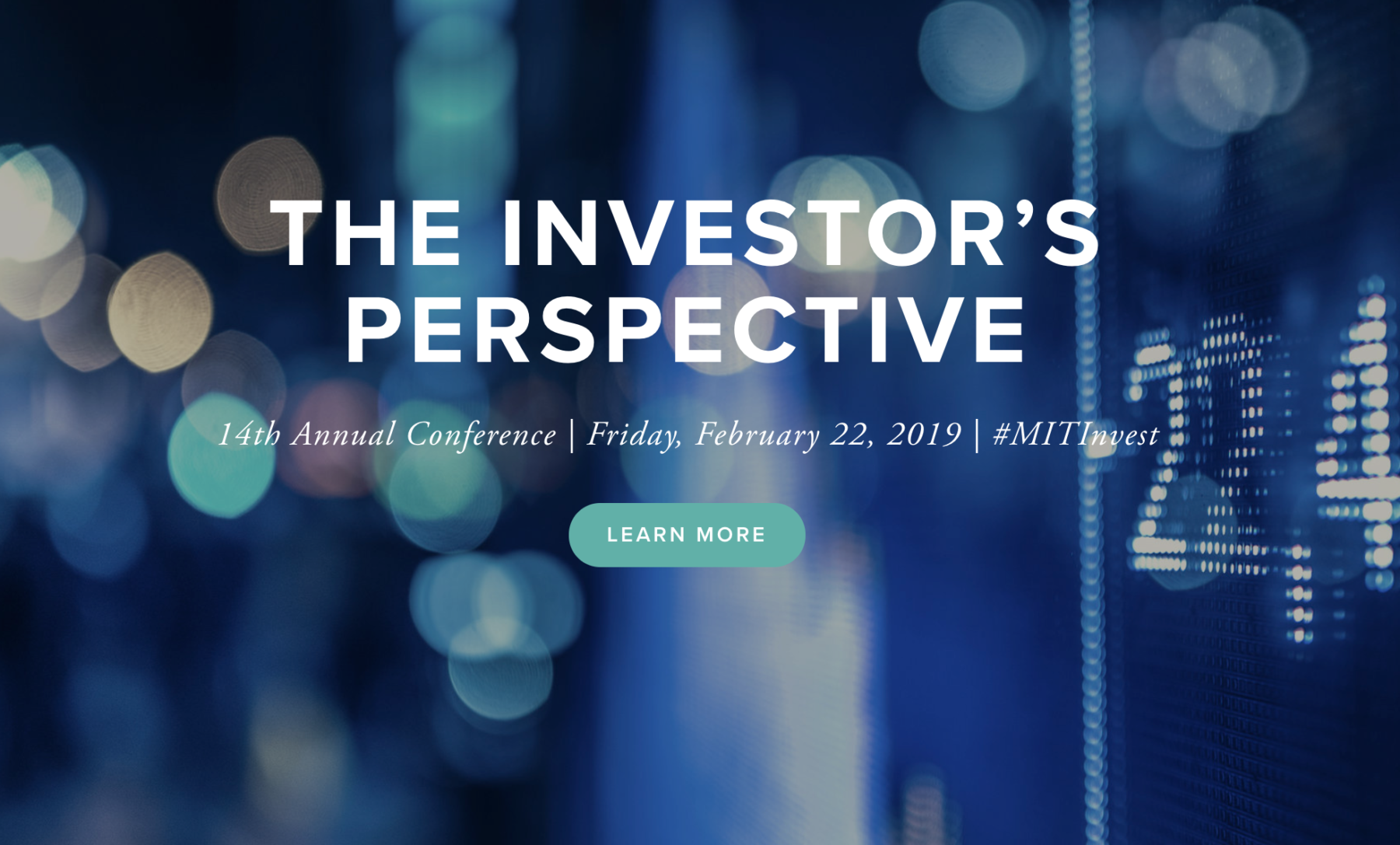My quant panel is up — here are my questions for this sharp group.
1. Complexity: is it really required or is it just noise? Example: Ben Graham‘s simple low p/e type strategy outperformed the market for 70+ years; Recent retests get the same result: higher returns (and vol) than the market What is the value of complexity?
2. How much of machine learning effort is of genuine value, how much of it is just good PR?
3. What is an example of a quant strategy that doesn’t work anymore, any why? Asked differently: What popular strategy that people allocate to are you not a fan of)?
4. If you could invest in just one single quant strategy, what would it be?
(How do you invest your own money?)
5. There is a 100+ year data set for U.S. equities – enough to establish statistical significance. How can you determine when something is “broken” if/when the statistical evidence does not support it? When does statistically significant apply and when does it not?
6. How do you account for tracking error when building out your models?
How do you avoid succumbing to Ron Coase’s admonition: “If you torture the data long enough, it will confess to anything”
7. “In your mind, what’s the elephant in the room question, I didn’t ask regarding these topics? What’s the one question you really don’t want me to ask you on the topic of alt data, AI, ML and/or talent?”
Quant Panel
Michael Deaddio – President and Chief Operating Officer, WorldQuant
Robert Furdak – Chief Investment Officer, Man Numeric Investors
Maria Mähl – Partner & Head of Nordics, Arabesque Asset Management
George Mussalli, CFA – Chief Investment Officer and Head of Research (Equity), PanAgora Asset Management


